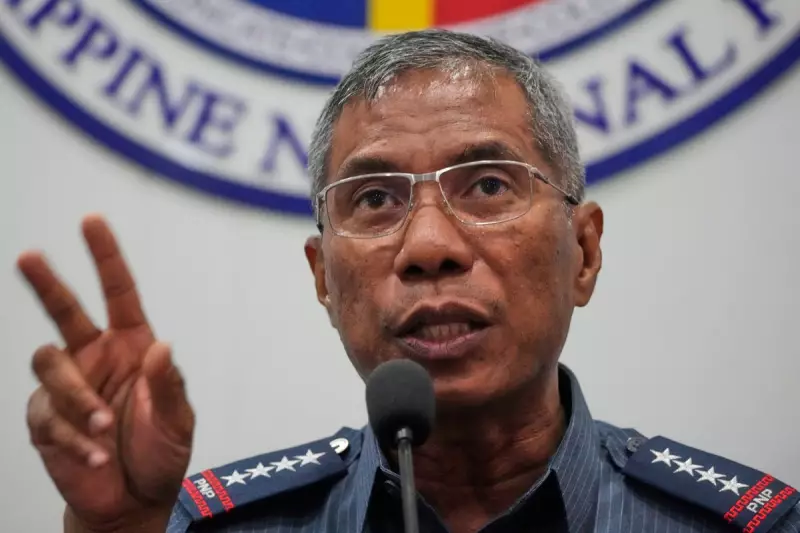
The arrest of a US Federal Bureau of Investigation (FBI) agent in Manila has erupted into a full-blown diplomatic incident, severely straining relations between the United States and the Philippines. The agent was detained at Ninoy Aquino International Airport after airport security discovered live ammunition in his baggage.
The situation escalated rapidly when the agent, who possesses diplomatic immunity, was held in a local jail before being transferred to a hospital. This move has been heavily criticised by US officials, who argue it constitutes a clear violation of the Vienna Convention on Diplomatic Relations.
A Test of Alliances and International Law
This incident places the long-standing security alliance between the two nations under an intense spotlight. The United States has formally invoked the agent's diplomatic immunity and is demanding his immediate release, framing the detention as unlawful.
Philippine authorities, however, are pursuing a charge of illegal possession of ammunition, an offence that carries a potential prison sentence of up to twelve years. This sets a dramatic precedent, pitting national law against established international diplomatic protocols.
Historical Context and Rising Tensions
Diplomatic friction is not new to the US-Philippines relationship. The current administration under President Ferdinand Marcos Jr. has been working to strengthen ties that had cooled under his predecessor, Rodrigo Duterte.
Duterte's tenure was notably marked by a hostile stance towards the US and a controversial war on drugs, which drew international condemnation and preliminary investigations by the International Criminal Court (ICC) for alleged crimes against humanity.
The detention of an American agent with immunity is seen by many analysts as a potentially explosive test of the renewed partnership under Marcos Jr., questioning whether the two allies can navigate this high-stakes legal and diplomatic quandary.





